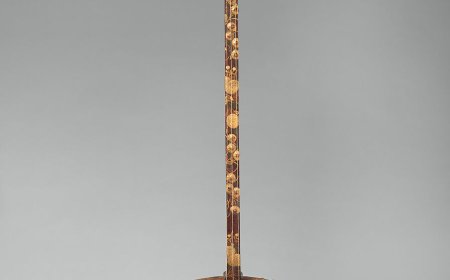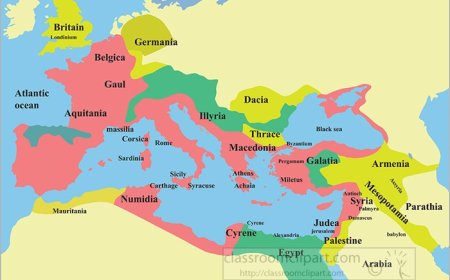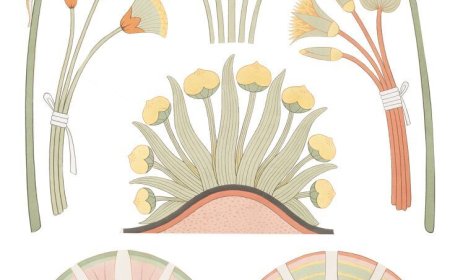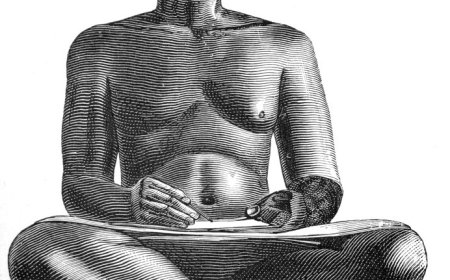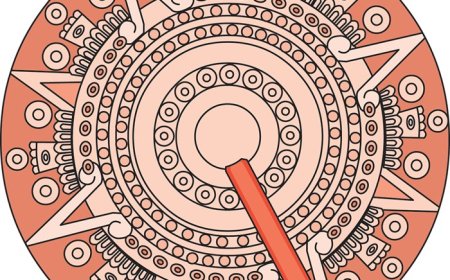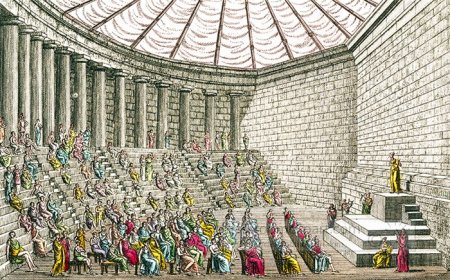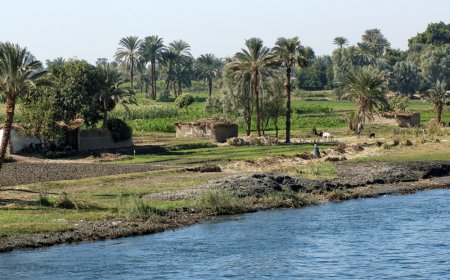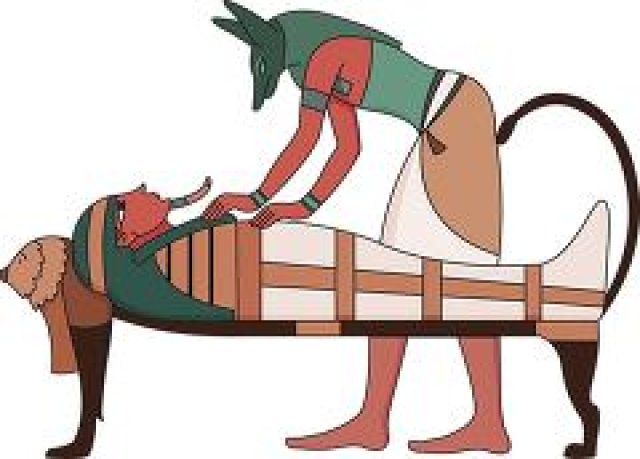Afterlife in Ancient Egypt Beliefs and Rituals
Learn how Ancient Egyptians believed in the afterlife a spiritual world reached through mummification tombs and spells guiding souls to eternal life
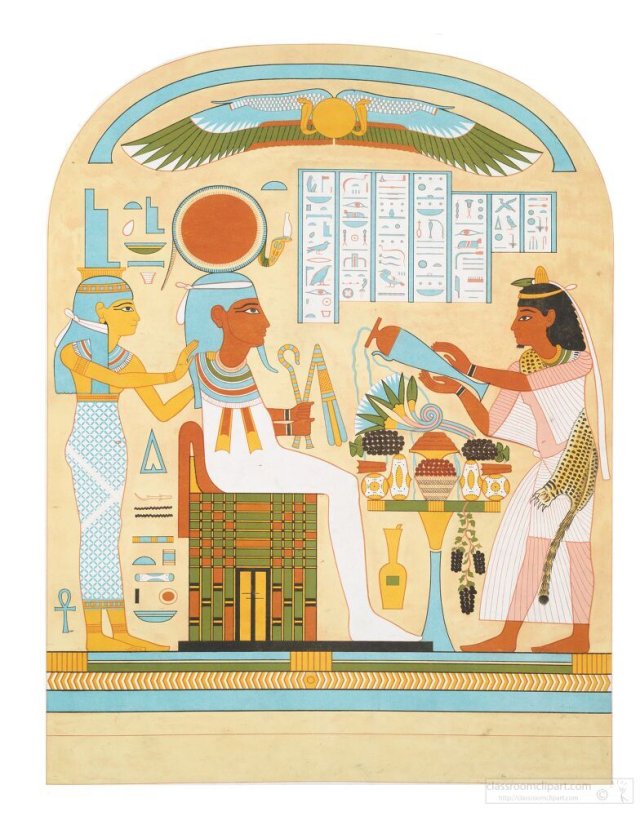
🌟 Introduction
The afterlife was one of the most important beliefs in Ancient Egypt. Egyptians thought death was not the end but the beginning of a new life in another world. To reach this world, the body had to be preserved, tombs needed to be filled with treasures, and prayers and spells had to be written to guide the soul. Egyptians believed the afterlife was a perfect version of life on Earth, called the "Field of Reeds," where people farmed, ate, and lived happily forever. Preparing for the afterlife shaped Egyptian religion, art, and burial customs for thousands of years.
🔍 What was the Afterlife in Ancient Egypt?
The afterlife was the spiritual world Egyptians believed they entered after death. It was seen as a paradise where the dead could live forever, provided they passed the gods' judgment. Egyptians thought the soul, or "ka," stayed close to the body and needed food, drink, and offerings to survive. To make sure the soul could reach the afterlife, Egyptians practiced mummification, built tombs, and included religious texts to guide the dead.
🌍 Why was the Afterlife Important in Ancient Egypt?
The afterlife was important because it shaped how Egyptians lived and practiced religion. Belief in eternal life encouraged people to obey laws, respect the gods, and prepare for death. Pharaohs and nobles built elaborate tombs filled with treasures to ensure comfort in the next world. Even ordinary Egyptians prepared amulets and prayers to secure their place in paradise. Without the idea of the afterlife, many of Egypt's traditions-like mummification and pyramid building-would not have existed.
🧪 The Afterlife in Daily Life
Daily life in Egypt was influenced by the afterlife. Families placed food, drink, and small treasures in tombs for their loved ones. Priests performed rituals and read prayers to protect the dead. Artists painted tomb walls with scenes of farming, hunting, and festivals to create a happy eternity. Festivals honoring Osiris, god of the afterlife, reminded Egyptians that death was not an end but a continuation of life.
📜 Important Texts and Beliefs about the Afterlife
-
The Book of the Dead: A collection of spells written on papyrus to guide souls through dangers in the underworld.
-
Pyramid Texts: Carved in royal tombs to protect pharaohs on their journey.
-
Coffin Texts: Written inside coffins for nobles, offering magical help to reach the afterlife.
-
The Weighing of the Heart: Egyptians believed the heart was weighed against the feather of truth. A light heart meant paradise; a heavy one was eaten by a monster.
-
Field of Reeds: The paradise where good souls lived forever in peace.
✨ Fun Facts
-
Egyptians believed even pets could join them in the afterlife.
-
The god Anubis was often shown guiding souls to judgment.
-
Pharaohs were buried with food, jewelry, and even board games for the next world.
📌 Key Takeaways
-
Egyptians believed death was the beginning of eternal life.
-
The afterlife was a paradise called the Field of Reeds.
-
Texts, tombs, and rituals guided the soul on its journey.
🐾 Kid-Friendly Summary
The afterlife was the Egyptians' idea of life after death. They thought people could live forever in a happy place if their bodies were preserved and their hearts were pure. Spells, mummies, and tombs all helped prepare for this journey.
📚 Vocabulary Words
-
Afterlife: Life Egyptians believed happened after death.
-
Ka: The spirit or life force of a person.
-
Field of Reeds: A paradise where good souls lived forever.
-
Weighing of the Heart: A judgment test for souls in the afterlife.
Interactive Quiz: Afterlife in Ancient Egypt
-
What did Egyptians call the perfect paradise of the afterlife?
A) Valley of the Kings
B) Field of Reeds
C) Pyramid Lands
D) River of Life -
Which god judged souls in the afterlife?
A) Osiris
B) Ra
C) Anubis
D) Thoth -
What book contained spells to guide the dead?
A) Rosetta Stone
B) Book of the Dead
C) Pyramid Texts
D) Rhind Papyrus -
What was weighed against the feather of truth?
A) The brain
B) The soul
C) The heart
D) The crown -
Why was mummification linked to the afterlife?
A) To keep food fresh
B) To protect the body for the soul
C) To decorate tombs
D) To honor soldiers





























